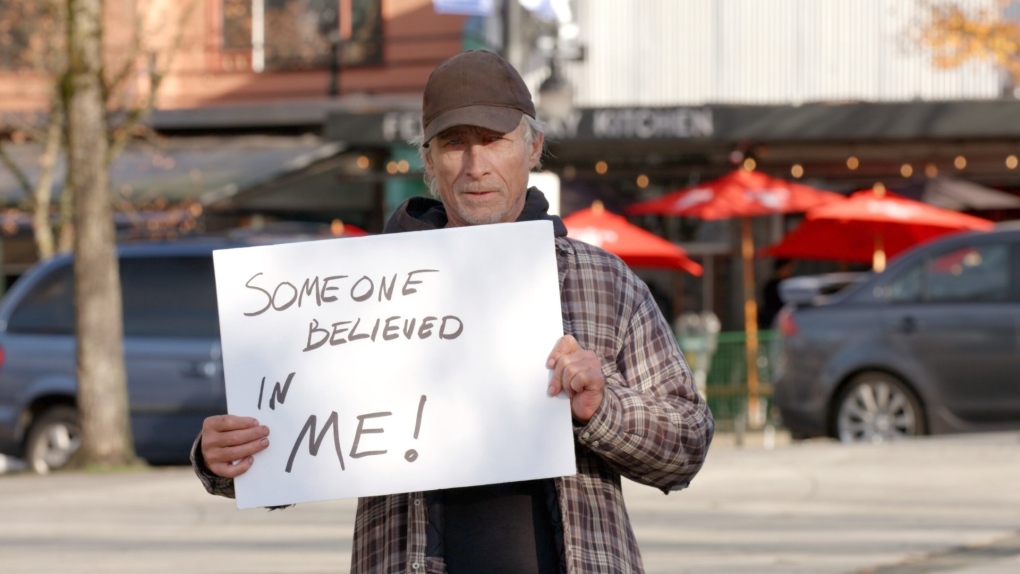Zhao says having data on how people who did get the money actually spent it is something she thinks will help counteract stereotypes, increase empathy and potentially get skeptics and the public on board with the idea of providing cash transfers.
Now that the study is complete, the plan is to replicate it and expand it to other cities in Canada and the U.S.



I just wanted to say this is the kind of comments that make Lemmy better than reddit! I had to dig to the very bottom of the reddit post for someone to point this out versus this being the top comment on Lemmy.
Note: I am all for helping homeless people, but excluding information in the title makes this seem like ‘if we give every homeless person $7,500 we can solve homelessness!’ I wish that was the case, but homelessness is a much more complicated issue
I think what they did do in the study was great. They found that the vast majority of homeless people are there because of temporary circumstances, and that money is a direct fix for many people.
But the conclusion they drew is a bit simplistic. Presumably they will need to try other interventions in the groups not studied - such as addiction programs for those struggling with addictions - to fully serve this population.
Here’s the thing … we don’t actually do anything to help unhoused people so why not try something like this? Too bad for us that we make money more important that human life.
40+ years ago some economists got together and created a study on guaranteed income. It worked, but unfortunately no one continued it because we’ve become so entrenched in the ideology of Reagan/Thatcher (article here).